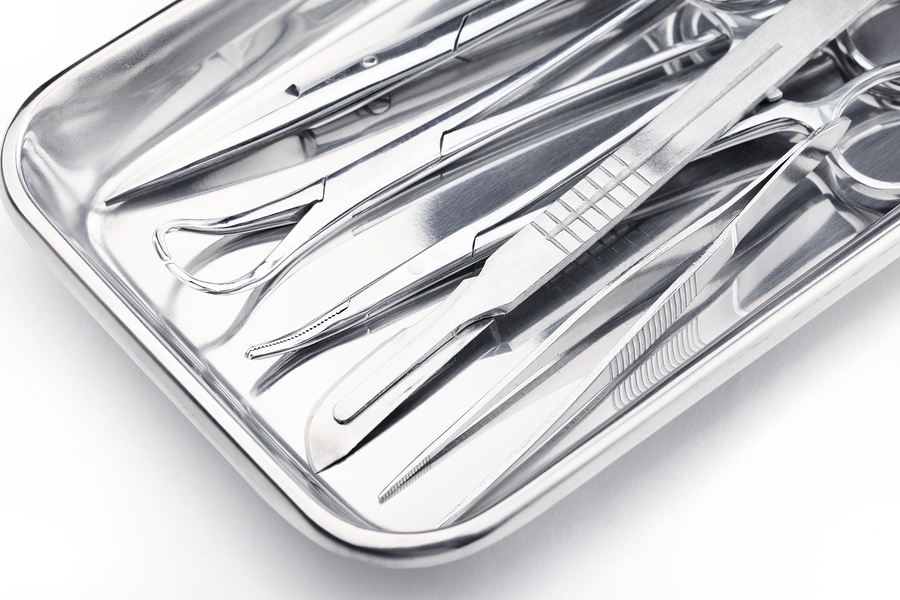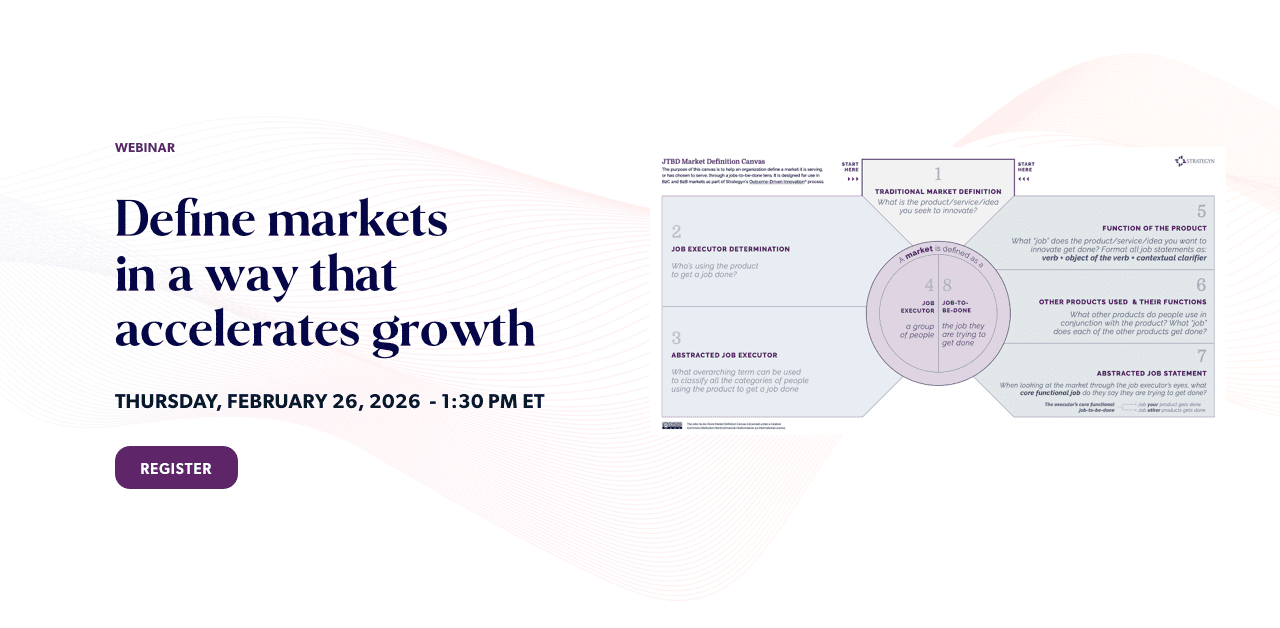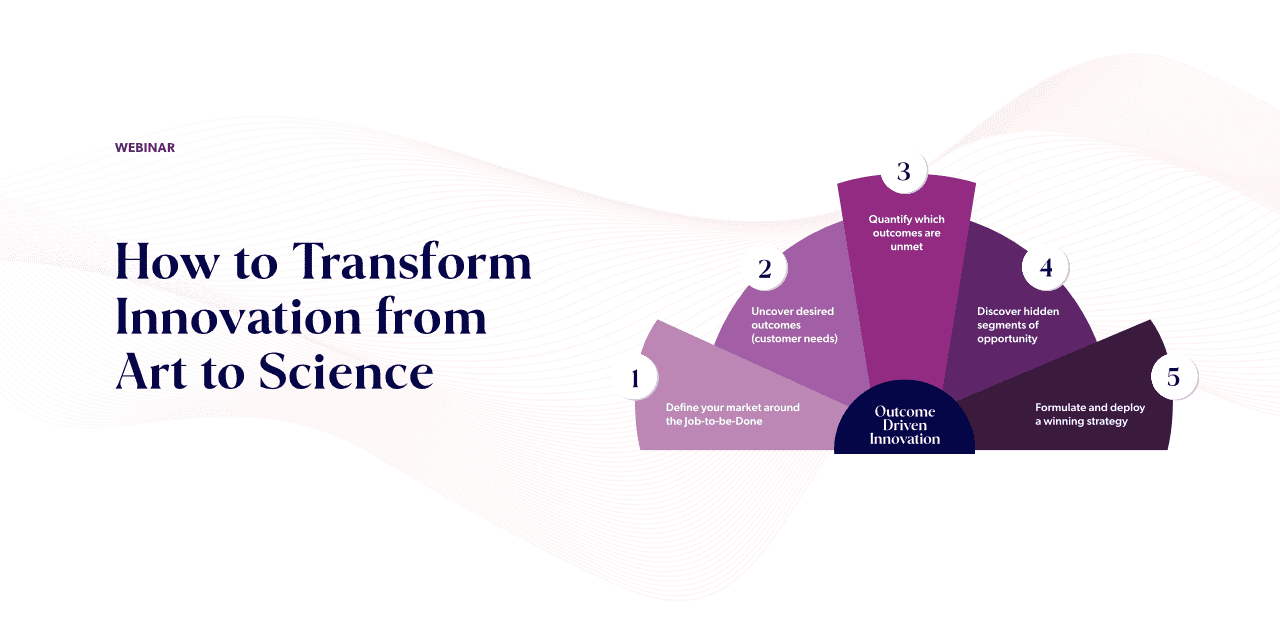Healthcare has become a commodity. Medical Device companies face the challenges of profitability and growth in today’s healthcare markets. Health insurance companies are asking for substantial reductions in healthcare costs, which puts many providers under pressure. As many products are more or less comparable, there is limited room for further differentiation and improvement, so the competition increasingly focuses on price. But when the price is a significant purchasing criterion, companies are forced to lower the price of their products, again and again, causing a commodity trap. Jobs-to-be-done thinking can help.
Product Management is challenged by the commodity trap
Product Managers face three major questions on how to get out of the commodity trap and find new products to achieve both profitability and market share growth:
- What generates additional value for our clients?
- What causes unnecessary costs/inefficiencies in the product and in its usage?
- How can we be sure that the final product will work in all target markets and contexts?
This article focuses on the first question. Imagine you were a product manager for surgical knives, a good example of a commodity medical device. How could you deliver additional value to your customers instead of simply lowering the price of your product?
A different viewpoint: jobs-to-be-done thinking
To get out of the commodity trap one needs to look at the whole process from a different viewpoint. The team at Imperial College London did just that when they developed the iKnife, an intelligent knife that can sniff out tumours. They did not look at the product, but rather at the job the customer hired the product to get done. Using jobs-to-be-done thinking, they asked themselves: “What job is the surgeon trying to get done when hiring surgical knives for cancer treatment?” They discovered the job is to “remove cancerous tissue.”
Customers measure the value of a solution (the product) by how many outcomes it satisfies of the job they want to get done. An outcome is measured by the time it takes to get a job done, the likelihood of an error, and the amount of resources involved. When removing cancerous tissue, a surgeon’s outcome is to minimise the likelihood of leaving bits of the tumor in the patient, which can regrow afterwards. He also wants to minimize the time it takes to identify whether the cancerous tissue was fully removed.
The developers of the iKnife focused on these outcomes. They modified a surgical knife that uses heat to cut through tissue so surgeons can now analyze the smoke given off when the hot blade burns through tissue. The smoke is sucked into a hi-tech “nose” called a mass spectrometer, which detects the subtle differences between the smoke of cancerous and healthy tissues.
This information is available to the surgeon within seconds. As a result, the iKnife helps surgeons get the job done a lot better than a common surgical knife. Dr. Zoltan Takats, who invented the system at Imperial, told BBC News: “The iKnife provides a result almost instantly, allowing surgeons to carry out procedures with a level of accuracy that hasn’t been possible before.”
Jobs-to-be-done thinking identifies true customer needs to develop solutions and offerings like the iKnife that add value for the customer. Looking at the job-to-be-done can turn a commodity product into a great future opportunity.
Stay tuned for our next blog on how to escape the commodity trap in your industry.






